Press Release
Svayam, Unique Identification Authority of India (UIDAI ) & Delhi Government facilitate Special Aadhaar Enrolment Camps for Residents with Disabilities
New Delhi, November 15th, 2011:- Svayam, UIDAI and Delhi Government have joined hands to facilitate enrollment of people with disabilities for the Unique Identification (UID) number- Aadhaar. This is in line with broader national vision of including all marginalized groups such as people with disabilities. A formal launch of this special enrolment drive was held today at Auditorium, Jindal Centre. The event witnessed participation by various government officials, Camp Coordinators, residents with disabilities and other eminent personalities.
Svayam, UIDAI & Delhi Government will organize Special Enrollment Camps across Delhi State. Through this initiative, Svayam will to reach out to the disabled residents, NGOs, DPOs, CSOs across the city and UIDAI and Govt. of Delhi will be responsible for organizing and conducting the camps.
In the initial phase, the camps will be conducted at 15 locations within the city including places like Vasant Kunj, Rohini, Vikas Puri, Narela, Hauz Khas, Bhajanpura etc.
Speaking at the occasion, Ms. Sminu Jindal, Founder of Svayam said “It’s a great honour to be associated with UIDAI. It’s a wonderful initiative and we hope this association along with the support of Delhi Government would help disabled people to get enrolled in a friendly and accessible centre being organized in their areas.”
UIDAI RO Delhi while speaking of Aadhaar’s special drives said, “The UIDAI started enrolling residents in Delhi on 2nd October 2010 and to date has enrolled almost 80 lakh residents for Aadhaar. For the UIDAI the priority has always been enroling those residents for Aadhaar who are vulnerable or do not have any form of identification.”
List of Dates and Venue for the Special Camps
for Persons with Disabilities in Delhi
organized by Svayam in joint collaboration with UIDIA & Delhi Govt & NGO Partners
| Proposed Dates | Event Name | Location/ Venue | Coordinator & their Aadhar Number with Contacts details |
| 15 Nov 201111 AM- 12.30 | Formal Launch of special enrolment camps for Persons with Disabilities for Delhi followed by an inaugural camp for 20 Persons with Disabilities | Launch FunctionAuditorium, Svayam, 12 Jindal Centre Bhikaiji Cama Place New Delhi-66 | Mr. Subhash Chandra VashishthProgram Coordinator-Svayam, 9811125521, Subhash.vashishth@svayam.com & gmail.com |
|
16 Nov 2011 (Wednesday) 10AM-5 PM |
Special enrolment camp for Persons with Disabilities | South Muskaan , B-2 Vasant Kunj, New Delhi-110070. | Mrs. Neera Chawla, 9911591810, neechawla@hotmail.com |
| 17 Nov 2011(Thursday)10-5 PM | Special enrolment camp for Persons with Disabilities | South WestARSD College, Dhaula Kuan,Delhi University South Campus | Dr. Topan Dass, ARSD College, Dhaulakuan, New Delhi
Phone: 09891874513 Email: Arsd_library21@yahoo.com |
| 18 A/N & 19 Nov 2011 (Friday /Saturday) | Special enrolment camp for Persons with Disabilities | North Equal Opportunity Cell, Delhi University | Dr. (Ms.) Chandra Nisha Singh cnishasingh@gmail.com 09810630544 (mob) 27662602 (office) |
| 20 Nov 2011 (Sunday)10-5 PM | Special enrolment camp for Persons with Disabilities | North East DelhiF-29, Near Chand Bagh Pulia (Bhajan Pura Chowk) Khajoori Khas, Delhi-110094 | Mr. Pradeep Raj
Gen. Secy. – Association for Disabled People Mob: +91 9350164514, Ph: +91 11 46532258 pradeeprajsuperidol@gmail.com disabledpower@yahoo.in, |
| 21 Nov 2011(Monday) | Special enrolment camp for Persons with Disabilities | South C-21, Qutub Institutional Area, New Delhi | Dr. (Ms.) S Muthulakshmi
Principal, Sahan Special School for the Mentally Retarded (India) 09811209495 |
| 22 -23 Nov 2011 (Tuesday & Wednesday)10-5 PM | Special enrolment camp for Persons with Disabilities | North West: Raja Harish Chander Hospital Narela, New Delhi | Mr. Rukshar Ahmad Khan
Mob: 9013760786, societydev@gmail.com |
| 24 Nov 2011 (Thursday)10-5 PM | Special enrolment camp for Persons with Disabilities | South National Association For the Blind, Centre for Blind Women, L 25, Hauz Khas Enclave, New Delhi 110016Contact No: (011) 41656266, 26852589 | Ms. Karuna
Assistant Director,NAB Centre Mob No: 9582772052, email nabindiacbw@hotmail.com |
| 25 Nov 2011(Friday)10-5 PM | Special enrolment camp for Persons with Disabilities | South EastMPCC, Dera village, Delhi (near Bhati mines) | Mrs. Seema Chadha
Project Manager- Dera Residential Project Mob: 9868034448, Sm_chadha@yahoo.co.in |
| 10 Dec 2011(Saturday) | Special enrolment camp for Persons with Disabilities | South DelhiSabalD-66, Chattarpur Extn., Near Baba Balak nath Mandir ,New Delhi -110074 | Mrs. Deepa Pandey Principal- SABAL
Mobile: 9716481381 |
| 11 Dec 2011(Sunday)10-5 PM | Special enrolment camp for Persons with Disabilities | East Bhola Sadan, A-89, Street-7, Jagat Puri, Delhi-110051 | Mr. Surender Bhola
(Gen. Secy. of Panjabi Yuva Sangathan), addbhola@gmail.com, Mob: 09213953775 |
| 12 -13 Dec 2011(Monday and Tuesday) | Special enrolment camp for Persons with Disabilities | EastLeprosy Mission Hospital, NandnagriNew Delhi-93 | Mr. Manoj Varghese
Aadhaar No: 901264921371 Technical Media Expert The Leprosy Mission Media Centre |

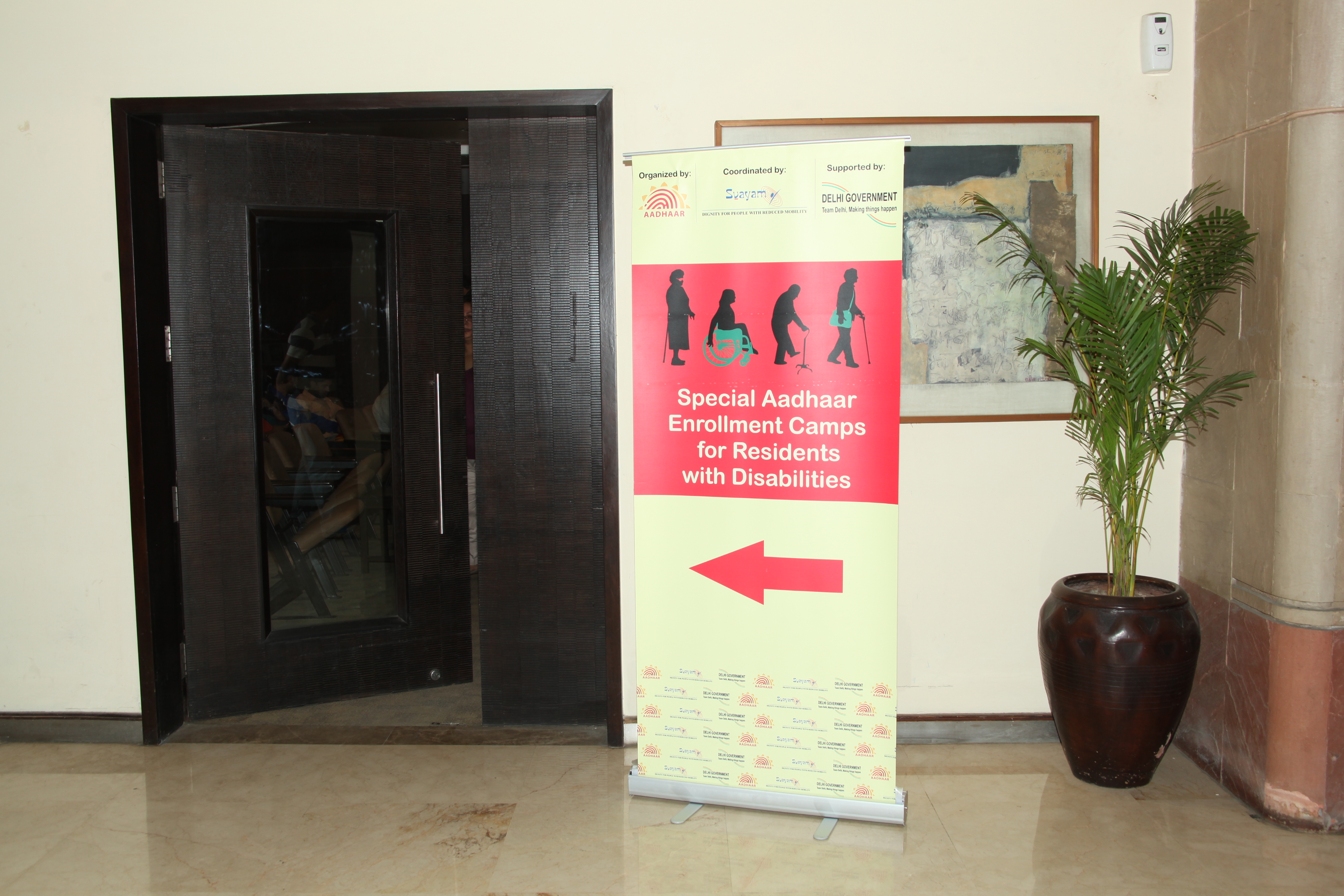
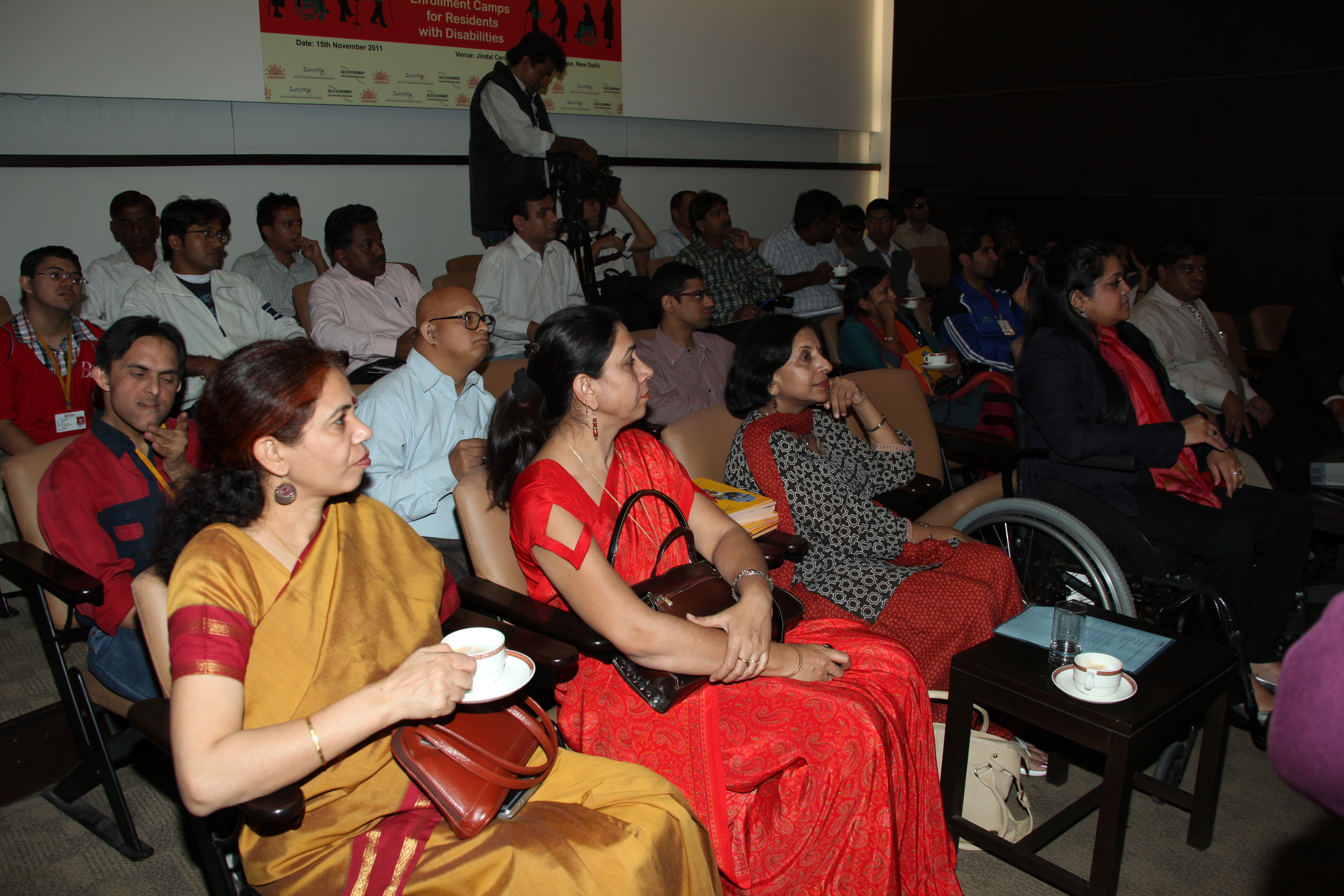
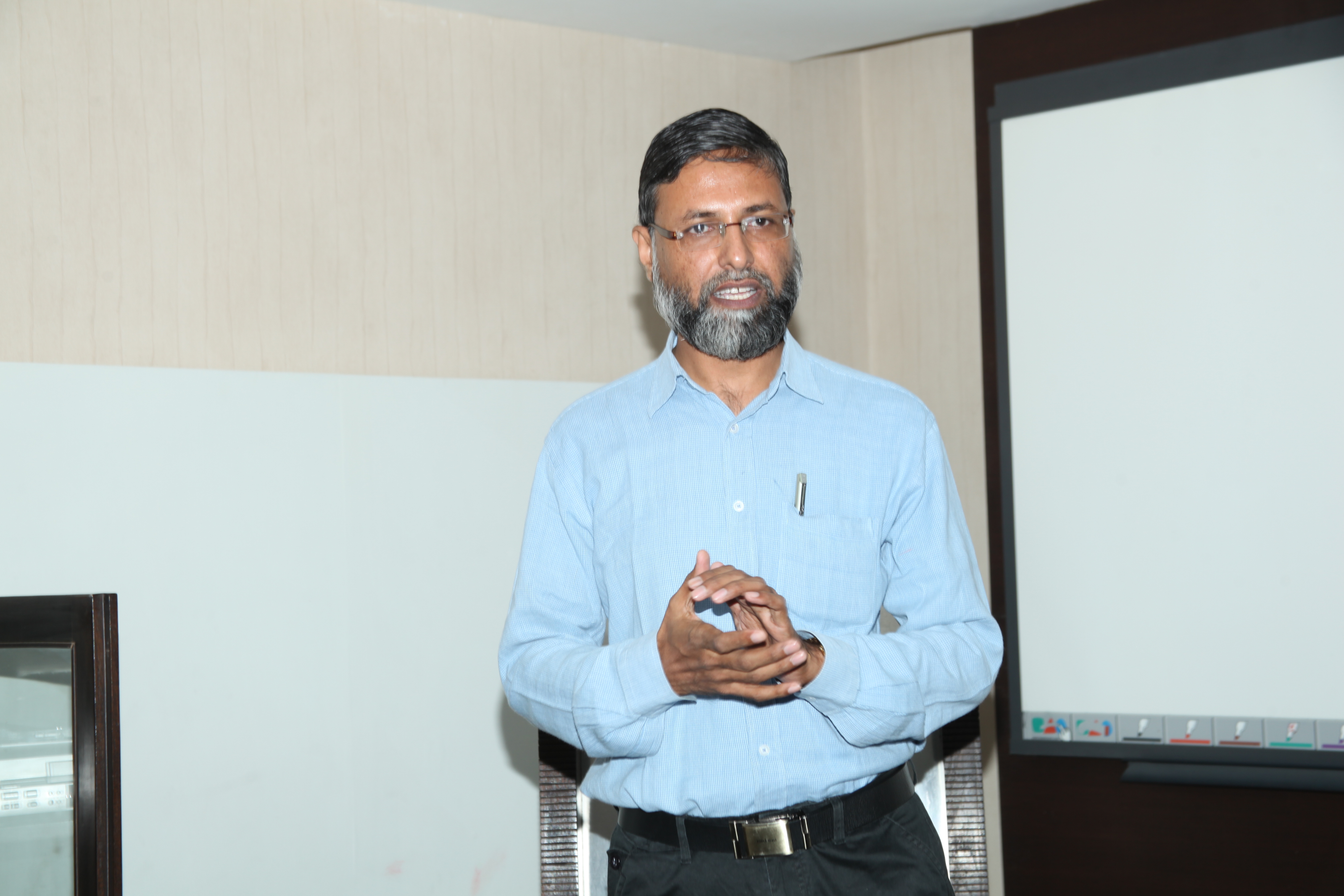
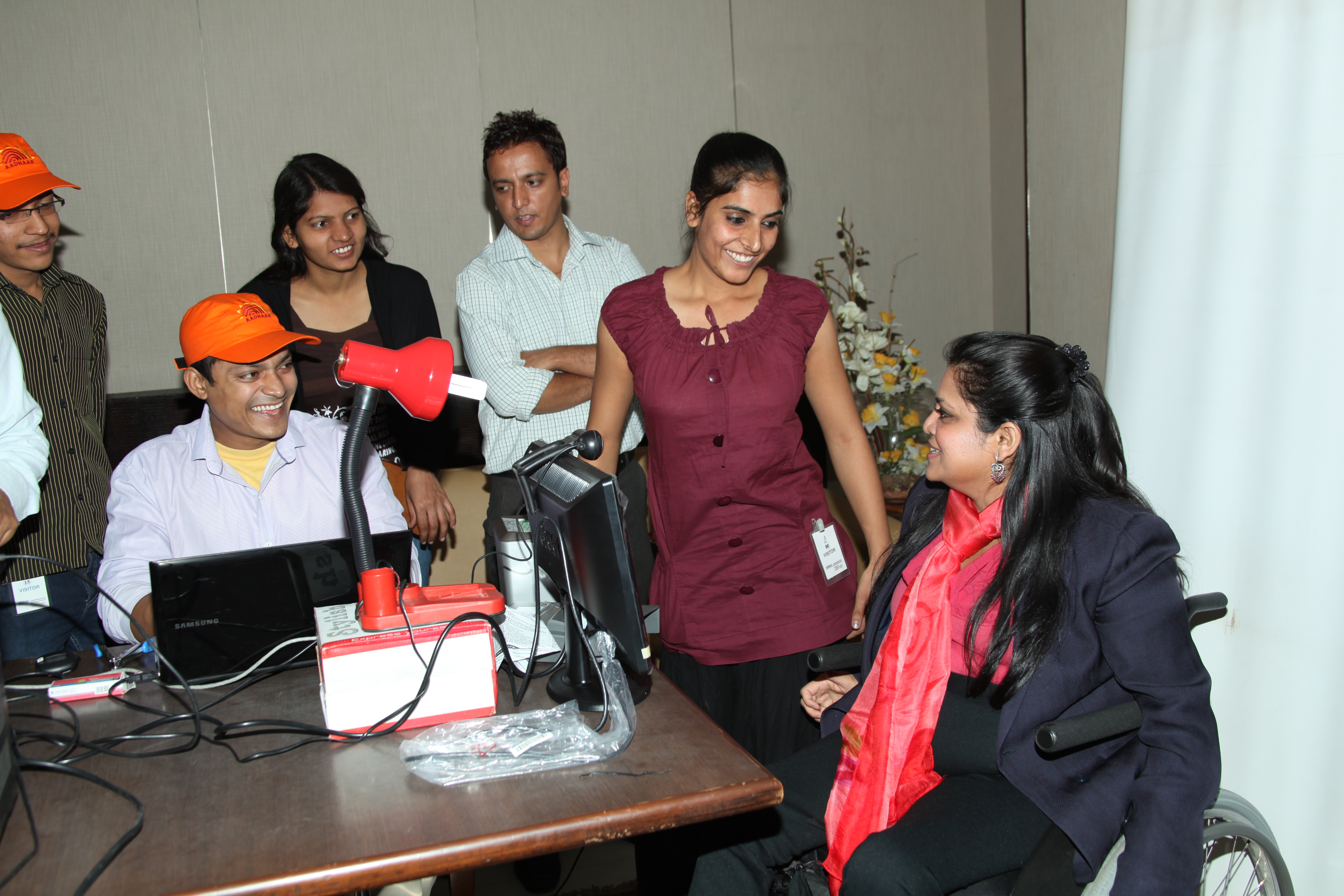
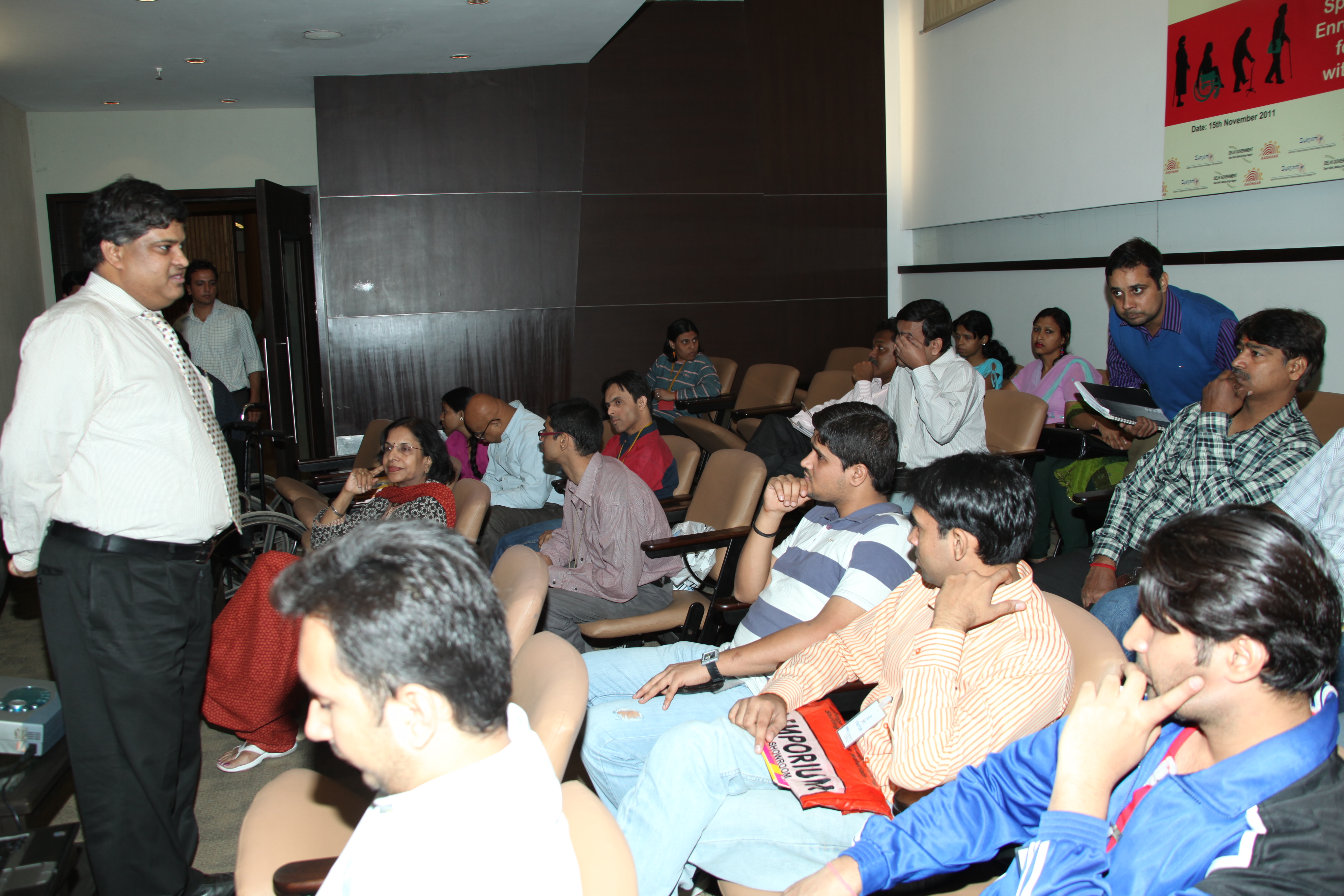
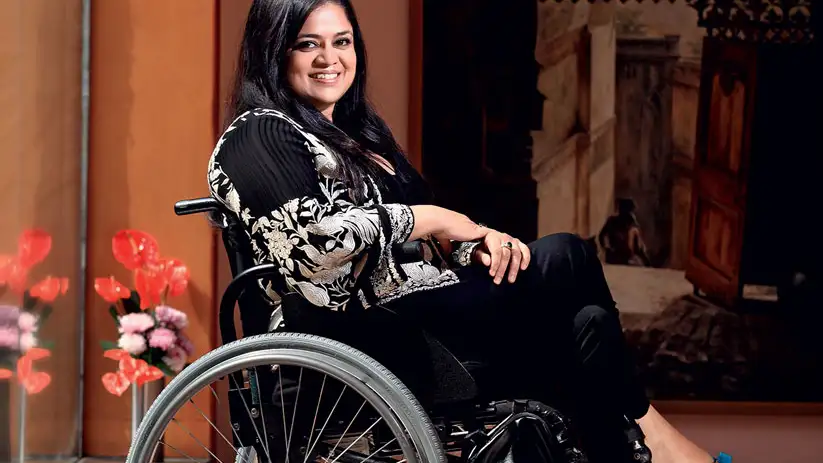
 Born into the Om Prakash Jindal family (her father, Prithviraj Jindal, is one of the four sons of the patriarch), Jindal says she “always wanted to be a part of the business”. Her father is vice chairman of Jindal SAW, and “when my father or grandfather used to playfully tell me that once you grow up, we will get you married quickly, I remember starting to weep,” she says. “When other girls were playing with dolls and creating doll houses, all I wanted to do was sit in my father’s office.”
Born into the Om Prakash Jindal family (her father, Prithviraj Jindal, is one of the four sons of the patriarch), Jindal says she “always wanted to be a part of the business”. Her father is vice chairman of Jindal SAW, and “when my father or grandfather used to playfully tell me that once you grow up, we will get you married quickly, I remember starting to weep,” she says. “When other girls were playing with dolls and creating doll houses, all I wanted to do was sit in my father’s office.” Convincing family was one thing; factory workers did not welcome the idea of working for a woman far younger than many of them. One of her father’s lieutenants was among those most averse to working under her. “He had tremendous talent and constantly screamed at me,” she recalls. But she was convinced that she could turn the factory around, and refused to give way even when he got aggressive. The man was finally moved to a different factory.
Convincing family was one thing; factory workers did not welcome the idea of working for a woman far younger than many of them. One of her father’s lieutenants was among those most averse to working under her. “He had tremendous talent and constantly screamed at me,” she recalls. But she was convinced that she could turn the factory around, and refused to give way even when he got aggressive. The man was finally moved to a different factory. She recalls that a man called Bill ran the factory, who thought little of Jindal’s abilities. “Then one day, I pointed out to Bill that a welding process was wrong because the strength of the flame was wrong. I could see in his eyes that he was dismissing me but he went to check. I was right. I may not be an engineer but I have seen these things from almost the time I was born. It’s in my blood.” Bill came back with a sheepish grin and admitted she was right, Jindal says, and from then things got better.
She recalls that a man called Bill ran the factory, who thought little of Jindal’s abilities. “Then one day, I pointed out to Bill that a welding process was wrong because the strength of the flame was wrong. I could see in his eyes that he was dismissing me but he went to check. I was right. I may not be an engineer but I have seen these things from almost the time I was born. It’s in my blood.” Bill came back with a sheepish grin and admitted she was right, Jindal says, and from then things got better.

